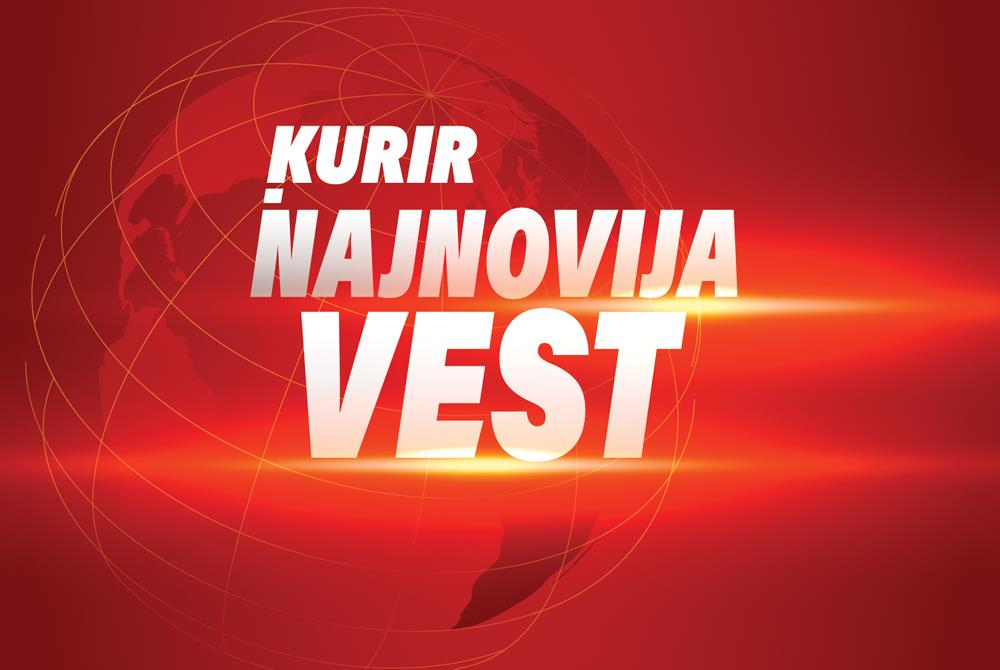Russia launched a large-scale missile and drone attack across Ukraine, targeting cities including Rivne, far from the front line. These attacks are part of Moscow’s response to Ukraine’s “Spider Web” operation, which damaged Russian military aircraft. Ukrainian authorities confirmed damage and civilian casualties, while the Kremlin claims the strikes are retaliation. Western diplomats expect further coordinated attacks on Ukrainian state targets. Ukrainian President Zelensky rejects claims that the Russian attacks are retaliation, describing them as acts of destruction. Poland activated NATO aircraft to secure its airspace due to Russian strikes near the border.
Political Perspectives:
Left: Left-leaning outlets emphasize the humanitarian impact of the Russian attacks, highlighting civilian casualties and destruction. They often frame the attacks as unjustified aggression and stress the resilience and defense efforts of Ukraine. The narrative focuses on condemning Russian military actions and supporting Ukraine’s sovereignty.
Center: Center-leaning sources report the events with a focus on factual details, including the military aspects of the attacks and responses from both sides. They present statements from Ukrainian and Russian officials, as well as international reactions, aiming for balanced coverage without strong editorializing. The emphasis is on the ongoing conflict dynamics and security implications for the region.
Right: Right-leaning media often highlight the strategic and military rationale behind Russia’s actions, sometimes framing the attacks as a justified response to Ukrainian provocations such as the “Spider Web” operation. They may emphasize the threat posed by Ukraine and Western involvement, portraying Russia’s actions as defensive or retaliatory. The narrative can include skepticism towards Western narratives and focus on national security concerns.

















